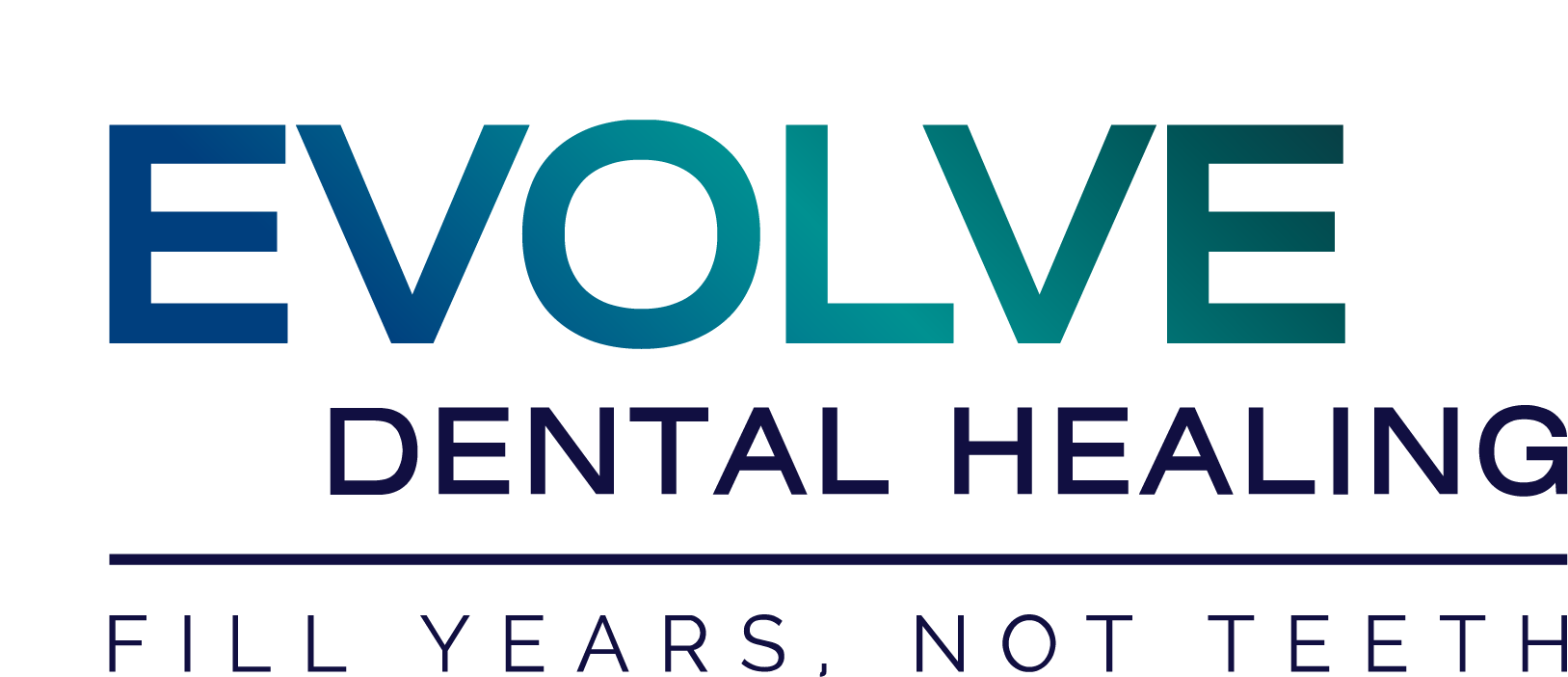Magnesium

Magnesium The Magic Mineral
Magnesium is a mineral that is essential to many biological processes that occur in the body. Magnesium aids in the body’s absorption of calcium and also plays a key role in the strength and formation of bones and teeth. This means that those at risk for osteoporosis can benefit from taking magnesium.
Magnesium also is vital for maintaining a healthy heart. Magnesium helps stabilise the rhythm of the heart and helps prevent abnormal blood clotting in the heart. Magnesium also aids in maintaining healthy blood pressure levels.
The mineral magnesium can significantly lower the chance of heart attacks and strokes, and can even aid in the recovery from a heart attack or stroke.
Magnesium and Cellular Function
Magnesium also helps maintain proper muscle function. It works to keep muscles properly relaxed. Because of its benefits in relieving stiff muscles, magnesium can be especially beneficial to fibromyalgia patients.
Magnesium is the second most abundant intracellular mineral; it activates over 300 enzymes and balances extracellular calcium.
It is essential for the stability of cell function, DNA repair and maintaining the antioxidant status of the cell. Many of the B vitamins are activated by magnesium. If B vitamins are taken when magnesium is deficient they are not as effective.
Unfortunately, most people don’t consume anywhere enough magnesium and are usually well below recommended daily intake levels. For this reason, many people would greatly benefit from supplementing their diet with magnesium.
Foods High In Magnesium
Foods high in magnesium include green vegetables, beans, nuts, seeds and whole grains. Refined grains such as white flour have had the magnesium-rich components removed. Magnesium is such an important yet low-cost mineral and an adequate intake of magnesium is a highly effective preventative health measure that would help reduce the growing incidence of heart attacks and strokes.
Magnesium deficiency – What is it?
Magnesium deficiency can be attributed to a diet high in processed foods and a lack of magnesium-rich foods such as nuts, whole grains, beans and green leafy vegetables. Flour refining, rice polishing and sugar extraction remove almost all magnesium from most flours and rice. Many experts believe even with a healthy diet, produce may still be grown in mineral-depleted soil and lacking in this vital nutrient.
Most of our drinking water now is purified of minerals like calcium and magnesium along with the other less desirable additives.
Excessive alcohol or caffeine intake, heavy physical exercise (sweating), stress, diuretics, HRT and the Pill can all contribute to loss of magnesium.
The first symptoms of deficiency can be subtle. As most magnesium is stored in the tissues, leg cramps, foot pain, or muscle ‘twitches’ can be the first sign of deficiency.
Magnesium levels drop at night, leading to poor REM sleep cycles (Rapid Eye Movement) and unrefreshed sleep.
Headaches, blurred vision, mouth ulcers, fatigue and anxiety are also early signs of depletion.
Magnesium deficiency is often misdiagnosed because it does not show up in blood tests – only 1% of the body’s magnesium is stored in the blood.
What conditions may magnesium help?
Many common conditions may be linked with magnesium deficiency.
Heart
Studies have shown magnesium may have a beneficial effect on the cardiovascular system. The studies found Magnesium may assist to:
- Improve energy production within the heart
- Dilate the coronary arteries (improving oxygen delivery to the heart)
- Reduce vascular pressure
- Prevent blood clotting
- Improve the heart rate.
Low magnesium levels have also been found in patients who have died from heart attacks.
Asthma
Magnesium promotes relaxation of the bronchial smooth muscle. Intravenous magnesium is a clinically accepted method to halt acute asthma attacks, as it helps immediately dilate the bronchial tube. A recent study showed low levels of magnesium in the body may be directly associated with ‘bronchial hyperactivity’, thus susceptibility to asthma attacks.
Kidney Stones
Magnesium may help prevent calcium crystallising in the kidneys to create kidney stones.
PMS
Magnesium deficiency is strongly implicated in PMS. Symptoms like abdominal bloating, breast pain, headaches, fatigue, fluid retention, mood swings, insomnia and anxiety are all symptoms of magnesium deficiency and PMS. Furthermore, cellular magnesium levels in women with PMS are significantly lower than in women who do not suffer PMS.
Bone Health
Magnesium supplementation is as important as calcium supplementation in the treatment and prevention of osteoporosis. It helps the body metabolise calcium and converts dietary vitamin D to an active form.
Gastric Disturbances
Overeating or drinking, dieting, stress, illness and some medications can cause the stomach to produce large volumes of gas, which can lead to heartburn and flatulence.
Magnesium neutralises the stomach acid converting it to magnesium chloride. With less acid available less gas is produced, resulting in alleviation of the symptoms.
Magnesium may also help relieve constipation, by relieving pressure on the bowel and allowing fluid to soften bowel movements.
Tension Headaches, Muscle Tension & Migraine
Approximately 70% of patients who have tension headaches exhibit muscular tightness and tenderness. Studies have found magnesium supplementation may help relieve tension headaches, muscle tension, and associated pain and cramps. Low magnesium levels have also been found in chronic migraine sufferers.
What can be done?
Diet
Ensure a greater intake of magnesium-rich foods: almonds, cashews, cocoa, mineral water, molasses, parsnips, soybeans, and wholegrain bread are all good sources. Reduce the intake of caffeine and alcohol as both acts as diuretics, depleting the body of magnesium.
Taking a supplement
Taking a magnesium supplement is a good way to ensure dietary levels are adequate, or to address an existing deficiency.
Those who may particularly need to take a supplement include:
- Athletes (sweat depletes the body of minerals)
- The elderly
- Pregnant women (magnesium needs increase during pregnancy)
- Those with a poor diet or food allergies
- People under stress – physical or psychological (stress increases adrenaline production which increases magnesium excretion).
It is estimated only 50% of dietary magnesium is absorbed through the small intestine. Tablets may also be hard to digest, as they contain fillers and binders. Liquid magnesium supplements are the most readily absorbed form, quickly entering the bloodstream. Check the amount of magnesium your magnesium supplement contains – up to 1000mg a day may be needed to correct a deficiency.
Magnesium is also better absorbed when taken with food.
Maintenance doses of 300mg/day elemental magnesium are recommended.
Also maintaining adequate levels of vitamin E accelerates the restoration of intracellular magnesium levels.
Benefits of magnesium supplementation:
- Reduction in blood pressure.
- Prevention of atherosclerosis
- Prevention of metabolic syndrome
- Correction of arrhythmias (irregular heartbeats)
- Improved functioning of the endocrine and immune system.
- Improved bone density
- Magnesium is also required for adequate thyroid and adrenal gland function. People with magnesium deficiency are more likely to develop adrenal fatigue and not tolerate thyroid hormone replacement
- Improved sleep patterns
- Reduced muscle tension and stiffness
- Prevention of cramps
- Reduced sugar cravings
- Reduction of symptoms of PMS
- Improved gastric and bowel function
- Reduction of headaches and migraines
-
Dr. Rachel Hall
Rachel is the founder and principal dentist at Evolve Dental Healing with over 30 years experience, practising holistically since 2001. Not your typical dentist, Rachel is a passionate opinion leader, challenging convention to empower people to make better dental and health choices, helping thousands to have healthy natural smiles. A respected writer and presenter on holistic dentistry, health and wellness it is Rachel’s mission to revolutionise the way people look at their dental health.
Talk to us for more details and information
CONTACT US
67 Kenmore Road
Kenmore Queensland 4069
Phone: 07 3720 1811
Fax: 07 3720 1899
Email: info@evolvedental.com.au
OPENING HOURS
Monday – Friday: 7:30am – 5:30pm
References and Citations Mercury & Amalgam Fillings




